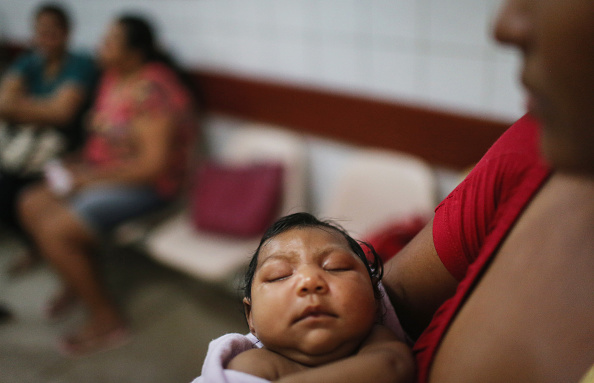
Various researchers from all over the world are already in the thick of trying to learn more about the growing pandemic that is the Zika Virus. Most of the efforts are directed towards finding a vaccine to halt the hasty spread of the disease. However some studies are finally investigating the relationship between the Zika Virus and birth defects including microcephaly.
Scientists have since confirmed that the virus can permeate the placenta of an infected pregnant woman. Their studies suggest that this might be the reason for the increase in babies born with birth defects.
"It can infect the baby, and it's likely the reason why these fetuses were stillborn or had congenital malformations. That is what we know up to this point" explained Dr. Albert Ko from Yale University.
The link between Zika virus and birth defects has yet to be definitively confirmed. However, given the available research the rise in Zika cases is definitely a cause for concern especially for the 5,000 pregnant women afflicted by the virus in Colombia.
Last Saturday, Colombia's National Health Institute confirmed that there are currently 31,555 cases of Zika infections in the country. Out of the 30,000 plus patients, 5,013 are pregnant women.
Unlike most Latin American countries, Colombia is one of the few nations that allow abortion given limited circumstances. The government has since confirmed that abortion services are available to pregnant women afflicted by the Zika virus.
Despite readily available medical treatments, abortion because of the complication caused by the Zika virus is still a difficult decision. Women who have undergone the procedure have since spoken up about the ordeal. According to them, having to choose to terminate the baby was a heartbreaking but necessary decision.
""I cried a lot. We are Catholics, and we prayed to God. We decided not to have the baby" quipped Vanesa, as interviewed by the New York Times.
